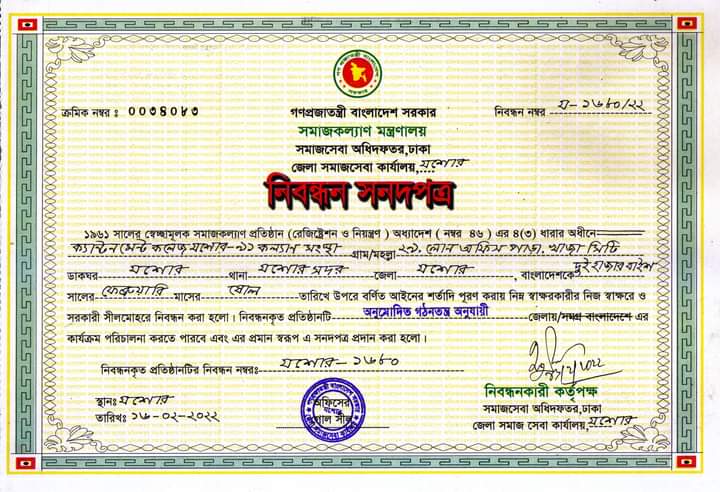Creating a special course for informal healthcare providers during the COVID-19 pandemic sounds like a proactive and necessary measure. Informal healthcare providers, such as traditional healers or community health workers, often play a crucial role in providing healthcare services, especially in areas with limited access to formal healthcare facilities. Designing a course tailored to their needs could help ensure that they are equipped with the knowledge and skills to effectively respond to the pandemic while minimizing the spread of misinformation.
Such a course could cover topics such as:
1. Basic understanding of COVID-19: Including information about transmission, symptoms, prevention measures, and available treatments.
2. Infection control practices: Teaching proper hygiene practices, use of personal protective equipment (PPE), and measures to prevent the spread of the virus in healthcare settings and communities.
3. Identifying high-risk individuals: Educating on how to recognize individuals who are at higher risk of severe illness from COVID-19 and how to provide appropriate care or referral.
4. Communication and community engagement: Training on effective communication strategies to disseminate accurate information about COVID-19, dispel myths and misinformation, and encourage preventive measures within the community.
5. Psychosocial support: Providing guidance on how to address the emotional and mental health needs of individuals affected by the pandemic, including coping strategies and referral pathways for additional support.
6. Collaboration with formal healthcare systems: Emphasizing the importance of collaboration and communication with formal healthcare providers to ensure continuity of care and appropriate referrals when needed.
Tailoring the course content to the specific needs and context of informal healthcare providers, considering factors such as literacy levels, cultural beliefs, and available resources, would be essential for its effectiveness. Additionally, providing the course in accessible formats, such as online modules, printed materials, or in-person training sessions, would help reach a wider audience and maximize its impact.
Overall, developing a special course for informal healthcare providers could contribute significantly to strengthening the community’s response to the COVID-19 pandemic and improving health outcomes for populations served by these providers.






Leave A Comment